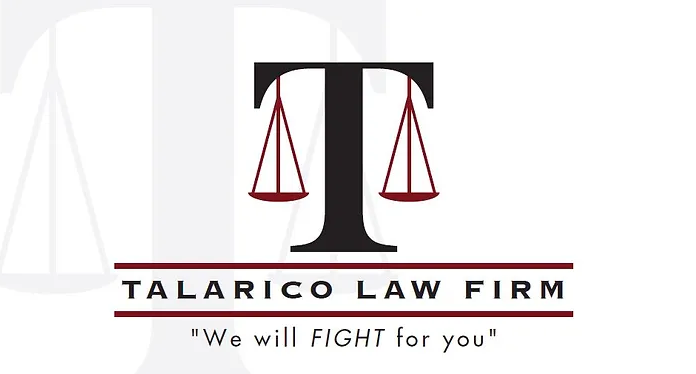Commercial Real Estate
Navigating Complex Transactions with Precision and Expertise
Expert Guidance in Commercial Real Estate Law
In the dynamic world of commercial real estate, the stakes are high and the transactions complex. Whether you're an individual investor, a real estate entity, or a business looking to expand your portfolio, navigating the intricacies of buying land, engaging in 1031 exchanges, or managing capital gains requires seasoned expertise. At our law firm, we specialize in providing comprehensive legal services tailored to the commercial real estate sector. Our team brings a wealth of knowledge and experience, ensuring your investments are not only protected but positioned for growth. From due diligence to closing, we stand with you, offering strategic advice and robust solutions to the challenges of commercial real estate transactions.
FAQs
What is a 1031 exchange, and how can it benefit me?
A 1031 exchange, named after Section 1031 of the U.S. Internal Revenue Code, allows investors to defer paying capital gains taxes on the sale of an investment property by reinvesting the proceeds into another property or properties of like-kind within a specified timeframe. This strategy can significantly benefit investors by preserving capital, enabling them to leverage their investment into more valuable properties and facilitating portfolio growth without immediate tax liabilities.
Can you explain the due diligence process in commercial real estate transactions?
Due diligence in commercial real estate transactions involves a comprehensive examination of all aspects of a property before finalizing a purchase. This process includes assessing the physical condition of the property (through inspections and appraisals), reviewing legal documents (leases, contracts, and title deeds), ensuring compliance with zoning and land use regulations, and evaluating environmental risks. The goal is to identify potential liabilities, compliance issues, or other concerns that could affect the property's value or usability.
How can I protect my investment when buying commercial property?
This question involves concerns about legal strategies to mitigate risks associated with property investment, including zoning issues, environmental Protecting your investment involves several key strategies: conducting thorough due diligence to uncover any potential issues with the property, obtaining adequate insurance coverage, using legal entities such as LLCs for ownership to limit personal liability, and ensuring proper legal documentation for all transactions and agreements. Additionally, maintaining a well-diversified portfolio can help mitigate risks associated with any single investment., and title searches.
What legal structures are best for owning commercial real estate?
The choice of legal structure for owning commercial real estate depends on various factors, including liability protection, taxation, and investment goals. Limited Liability Companies (LLCs) are commonly used due to their flexibility, limited liability for members, and pass-through taxation. Other structures, like partnerships or S corporations, might be suitable based on specific business needs, offering different benefits in terms of tax treatment, investment raising, and operational control.
What are the key considerations in a commercial lease agreement?
Key considerations in a commercial lease agreement include the lease term (duration), rent amount and adjustments, responsibilities for utilities and maintenance, renewal and termination conditions, and any tenant improvement allowances. It's also crucial to understand the type of lease (e.g., gross, net, or triple net) and its implications on costs. Negotiating favorable terms and clearly outlining each party's obligations can prevent disputes and ensure a mutually beneficial arrangement.
How does commercial real estate financing work, and what options are available?
Commercial real estate financing involves securing loans or other funding mechanisms to purchase, develop, or refinance commercial properties. Financing options include traditional bank loans, commercial mortgage-backed securities (CMBS), government-backed loans (such as those from the Small Business Administration), and private lending. Each option comes with its own terms, interest rates, and requirements (like down payments and creditworthiness). Understanding the cost, terms, and eligibility criteria for each option can help investors choose the best financing solution for their needs.
